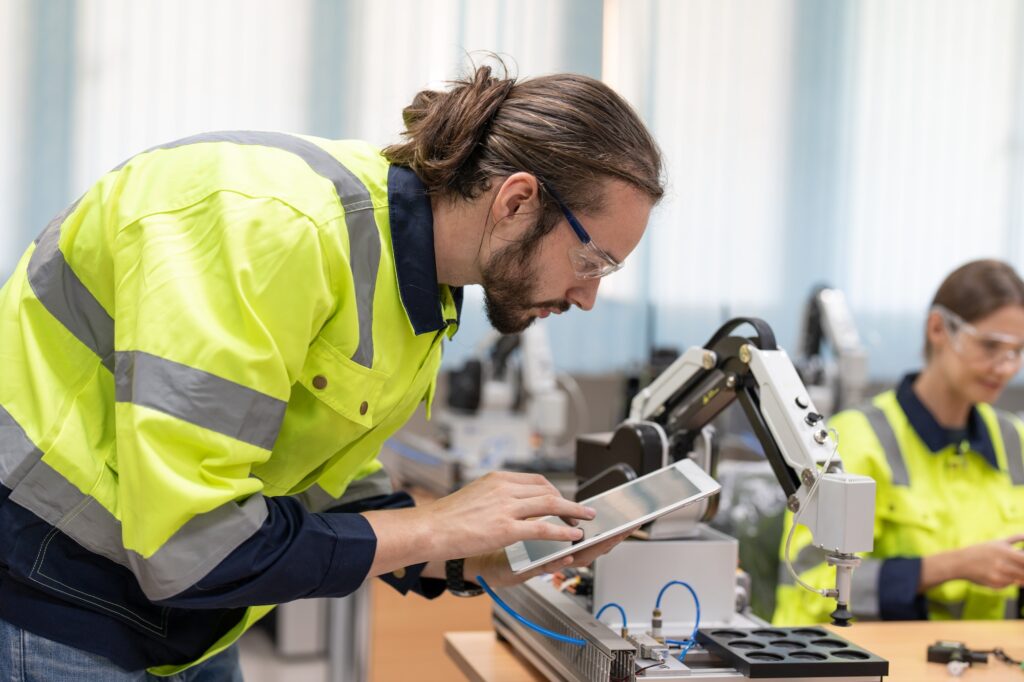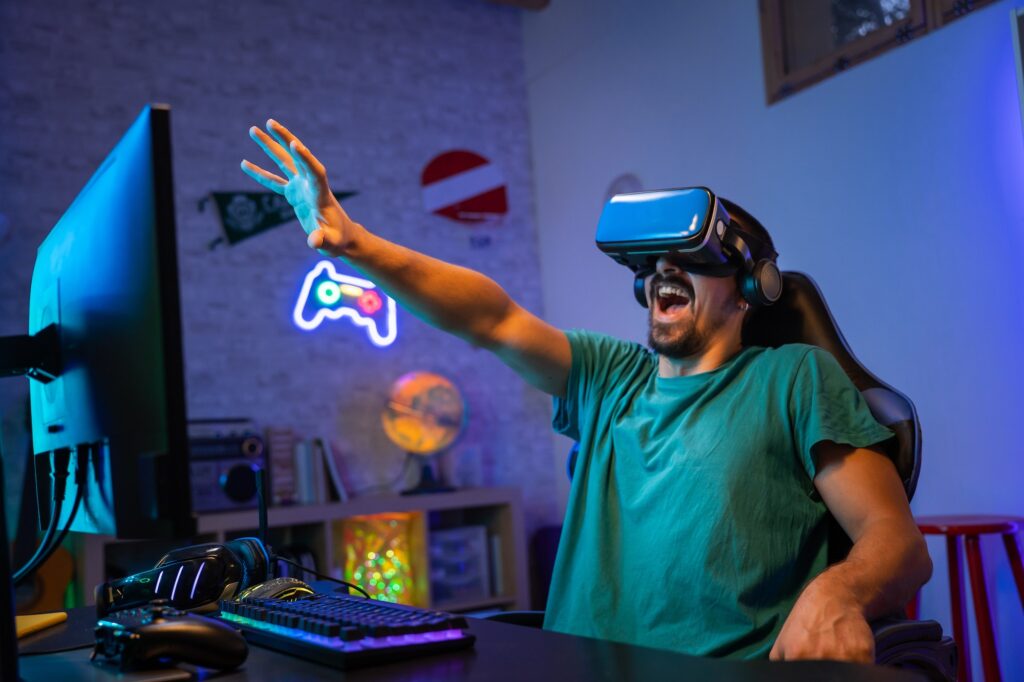Address
33-17, Q Sentral.
2A, Jalan Stesen Sentral 2, Kuala Lumpur Sentral,
50470 Federal Territory of Kuala Lumpur
Contact
+603-2701-3606
info@linkdood.com
Address
33-17, Q Sentral.
2A, Jalan Stesen Sentral 2, Kuala Lumpur Sentral,
50470 Federal Territory of Kuala Lumpur
Contact
+603-2701-3606
info@linkdood.com

Google’s Missed Chance: The Story of Eight AI Whizzes
Tech has given us a lot of cool stuff, but there are few things as thrilling as the progress made by a group of super smart people who used to work at Google. These eight folks had a real passion for artificial intelligence (AI) and made some big leaps forward in the field. This article digs into their achievements, why they left Google, and how Google dropped the ball.

Back in 2017, a bunch of researchers at Alphabet Inc. (Google’s parent company) in Mountain View, California were chatting over lunch. They were wrestling with a big question: how can we get computers to generate text really well? This lunch chat ended up kick-starting a whole bunch of events that would change AI forever.
These researchers were crazy curious and super determined. For five months, they worked hard to figure out the best ways to make AI-generated text. They didn’t know it then, but they were about to make a huge difference in the world of generative AI.
As they got deeper into their research, they developed a new way of making AI generate text. They wrote a paper called “Attention is All You Need,” which laid out their discoveries and set the stage for future AI advancements. Basically, they found a way to get computers to understand and process text way better and more efficiently by using something called attention mechanisms.
This was a big deal. By using this attention technique, they were able to kick-start a whole new era of generative AI. This had a huge impact on a lot of different areas, from understanding language to generating content automatically.

What’s really surprising is that these brilliant minds decided to leave Google. They wanted to strike out on their own and start their own businesses. This was a big moment for them, and also for Google. So why did Google let them go?
Even though Google is a huge player in tech with loads of resources, it’s not always easy for them to move quickly and try out new ideas. These researchers wanted more freedom and flexibility to really explore their discoveries.
Once they left Google and started their own companies, they were able to take AI to new heights. They showed their dedication to changing the world and the importance of having a good environment for trying out new ideas.
Their work has had a massive impact. It’s changed everything from understanding language to developing chatbots to creating content. These AI whizzes have left a lasting mark on the tech world.

Google definitely helped create an environment where tech advancements could happen. But when these eight researchers left, it raised questions about Google’s ability to make the most of these big discoveries. Running a giant company like Google is hard, and sometimes it can slow down innovation.
Looking back, it’s clear that it’s important to have a culture where people can experiment, take risks, and act like entrepreneurs. When these AI whizzes left Google, they showed the importance of having an environment that supports new ideas and lets knowledge flow freely.
The story of these eight super smart people who used to work at Google shows the power of curiosity and new ideas. Their work on generative AI, which started from a lunch chat, has totally changed the way we think about AI-generated text and it’s impacting industries all over the world. As they’ve set out on their own paths and started their own businesses, they’ve made a big mark on the tech world and got us thinking about how big companies handle innovation.
For people interested in innovation and starting businesses, their story is a real inspiration. It shows the importance of being bold, being curious, and embracing new ideas. With their groundbreaking work pushing generative AI forward, the future looks bright and full of new possibilities.

The article doesn’t mention the researchers by name, but it refers to a group of eight individuals who made significant contributions to AI while working at Google. They are notable for their groundbreaking work in generative AI.
The group made a major breakthrough with the development of a method known as “attention mechanisms”. This approach allows computers to better understand and process text in a more efficient and holistic way, leading to significant advancements in AI text generation.
“Attention is All You Need” is a paper that details their innovative technique for AI text generation. It sets the stage for future advancements in this field and highlights the power of attention mechanisms for better processing and understanding of textual data.
While working at a large organization like Google offers many advantages, it can also be challenging to quickly innovate and pursue unconventional ideas due to the bureaucratic nature of such an environment. These researchers sought more flexibility and independence to fully explore the potential of their groundbreaking discoveries, prompting their departure from Google to establish their own startups.
After leaving Google, these AI researchers used their expertise to start their own companies and continued to develop and implement their innovative AI techniques. They contributed to various applications of AI, from natural language understanding to automated content creation.
Even though Google provided an environment that fostered these technological advancements, the company may not have fully capitalized on these breakthroughs. The departure of these researchers raises questions about Google’s ability to manage innovation effectively, suggesting that large organizations need to balance their scale with the agility and flexibility to nurture disruptive ideas.
*Material From Bloomberg